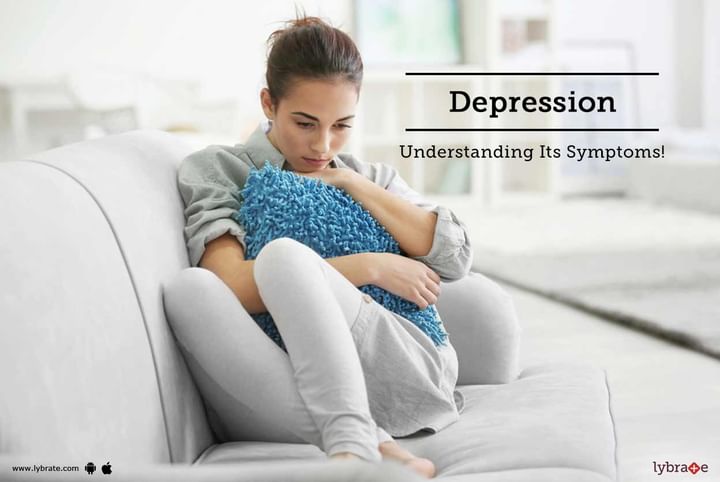Depression - Understanding Its Symptoms!
The one condition that is highly underdiagnosed and undertreated is depression as symptoms rarely go away without an expert’s assistance. The ICD-10 or the International Classification of Diseases (Tenth Revision) is an internationally recognized diagnostic system that classifies several known psychological disorders based on the number of criteria symptoms specified by the system. It is commonly used by physicians to diagnose and treat depression in patients.
Primary Symptoms of Depression as per ICD-10
Physicians look for three vital signs of depression before evaluating other symptoms to identify the severity of the depression correctly. These three symptoms include persistent sadness or a bad mood, low energy or constant fatigue and loss of interest and pleasure in daily activities. Depressed mood or sadness is identified through self-subjective reports from the patient or through observations from others living around the patient. Loss of interest or pleasure or experiencing low energy/fatigue in any, in most or all activities is also evaluated through subjective accounts from the patient or through observations by others.
Even if at least one of the above three symptoms have been present in the patient for most days for at least two weeks, the physician then proceeds to evaluate if the patient has symptoms from the remaining seven out of ten signs included in the ICD-10 system.
Associated Symptoms of Depression as per ICD-10
The seven associated symptoms are evaluated only if the patient has one or more of the three above mentioned symptoms. These seven symptoms include the following:
- Disturbed Sleep: The patient being unable to sleep in almost all or most days including cases of insomnia or hypersomnia.
- Low concentration: The patient is shown to lack concentration or is indecisive during daily activities and shows signs of vacillation.
- Lack of self-confidence: The patient is known to show low levels of self-esteem and a general feeling of self-worthlessness and guilt in during everyday interactions.
- Slowed movement: Slowed movement is considered as a symptom only if others observe it and not through self-evaluation. This includes agitation and retardation in the day to day activities and being unable to perform motor functions efficiently.
- Excessive guilt and self-blame: The patient is feeling unreasonable levels of guilt and self-blame and shows signs of self-reproach.
- A sudden change in appetite levels: The patient shows sudden increase or decrease in appetite. This also includes cases where the patient loses or gains more than 5% weight in a month or less with no changes to diet and nutrition. Varying levels of appetite on a day to day basis is also a symptom under this category.
- Suicidal Tendencies: The patient expresses repeated thoughts about his/her death with no clear plan, or attempts to commit suicide or expresses a plan to commit suicide.
The number of symptoms from the three primary and seven associated symptoms may vary patient to patient and physicians use these ten symptoms under the ICD-10 to evaluate the severity of the mental health condition and proceed with treatment.



+1.svg)
